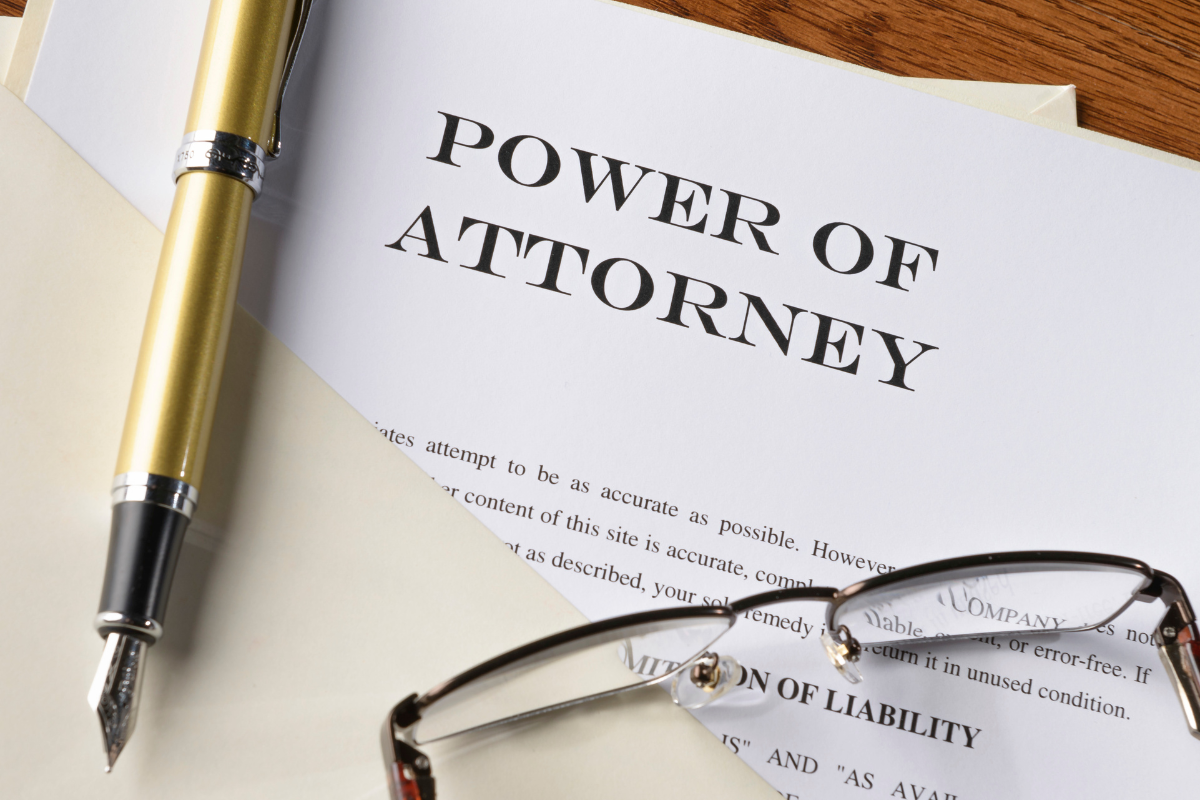Solo agers are seniors who, either by choice or circumstance, are aging without the traditional…

11 Questions to Ask an Elder Law Attorney
Elder law encompasses a wide range of legal matters that affect older individuals. Attorneys who practice elder law advocate for seniors and execute legal plans to assist them in living better lives.
Their expertise may encompass estate planning, as well as planning for retirement, Social Security, and long-term medical care. This specialty of the legal profession remains crucial for the well-being of this ever-increasing population.
According to the U.S. Census Bureau, more than 54 million seniors live in the U.S. This accounts for more than 16 percent of the total population. The number of American seniors is on track to grow to roughly 98 million by 2060.
Contemplating financial matters and making long-term life decisions via estate planning can be a difficult and emotional journey. Managing your assets wisely as you age is crucial as you plan to provide for the family members who will survive you. A qualified elder law attorney knows how to plan strategies that address such concerns.
What to Ask an Elder Law Attorney
To find an elder law attorney who is a good fit, you’ll want to ask some key questions. Consider each of the following, tailoring them to pertain to your greatest concerns:
- How long have you practiced elder law and estate planning, and how much do you charge?
- What experience do you have drafting estate plans and navigating estate taxes?
- Do my circumstances warrant a revocable living trust, or an irrevocable trust?
- How long will it take to execute my estate plan?
- Will you provide documentation to me for review before creating necessary legal documents?
- Will other employees in your law office be able to help me with issues in your absence?
- Will my powers of attorney have dementia-specific provisions?
- Will my documents “ladder” successors or make use of co-agents?
- Does my state permit a Lady Bird Deed or Life Estate Deed to transfer real estate at my death outside probate, and do I need one?
- How can I keep my critical health care documents portable?
- What are my best options in planning for long-term care?
Keep in mind that this is not an exhaustive list. For instance, you may have questions related to other areas, such as veterans or disability benefits.
Keeping Records and Detailed Instructions
Many people want to ensure orderly asset protection, management, and eventual administration while having flexibility if circumstances change. Wealth preservation is the main priority, and it requires accuracy.
Individuals often want to take steps to ensure their loved ones will inherit their estate. They may also seek to name their children as legal guardians in the event they become unable to handle their own affairs.
Putting together detailed instructions can help reduce conflicts and minimize legal expenses. It will provide a roadmap to those who are positioned to help so that they are readily able to navigate what could be a very difficult and emotional time.
It is hard enough to manage such difficult situations, and it would only be exacerbated with the lack of planning. Proper planning may even help reduce taxes as well, ensuring heirs receive the full value of their portion of the estate.
Shaping an Estate Plan
No matter your estate’s size, creating a comprehensive estate strategy can prove difficult and even emotional. Estate planning is not a “set it and forget it” process. Family needs, as well as new issues regarding state regulations, are always evolving. Periodic reviews of existing documents with an attorney will keep your planning current in an ever-changing world.
Executing a will or acting as trustee of an estate frequently requires the support of a professional. Finding an elder law attorney whose primary focus is estate planning will give you options to achieve your goals. With knowledge of your state’s legal statutes, they can develop an asset protection strategy, update your estate plan over time, and administer your estate with efficiency.
Comprehensive estate plans may include other foundational documents, including trusts and health care directives. Long-term care planning provisions and specific durable powers of attorney are crucial, too. If you have minor children or a loved one with special needs, you can identify a guardian to care for them.
Your estate plan may also include retirement housing preferences, long-term care plans, and how to cover those costs.
Designating Agents to Make Decisions on Your Behalf
While you are still healthy, work with an attorney to choose people you trust to make future financial and medical decisions on your behalf. If you ever become unable to handle your own affairs, these appointees will be there to support your best interests.
Should you ever face a dementia diagnosis, it may still be possible for you to sign legal documents. Capacity requirements for each legal document may vary, however. An experienced elder law attorney can help you understand and complete the proper legal documents in these cases.
If you would like to speak with an experienced elder law attorney regarding your situation or have questions about something you have read, please do not hesitate to contact our office at 1 (800) 680-1717. We look forward to the opportunity to work with you.




This Post Has 0 Comments